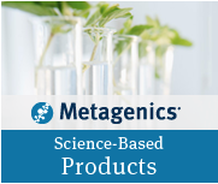Addiction affects your brain. But have you ever wondered how?I find brain science fascinating and I’ll admit I’m a chemistry geek. Even if you’re not, you may be interested in what drugs, alcohol, and even behavioral addictions can do to you and how addiction can affect your brain. I run an outpatient addiction clinic based in Portland called Fair Start. At Fair Start we help addicts—mostly young adults—recover from drug addiction. The majority of our patients are addicted heroin and other opioids. Often they are using several drugs at once, including meth. Most people know me as a medical doctor. Most people don’t know that I’m also a recovering alcoholic. While I’ve been in active recovery for 15 years now and I’m not shy about sharing my story, I’m about to go public with all of this in a big way. I have a new book coming out called The Addiction Spectrum: A Compassionate, Holistic Approach to Recovery. www.Addictionspectrum.com
To the outsider, it seems we have no willpower. But that’s not what’s actually going on. We now know where most of the substances we misuse act in the brain. What happens in our brains when we experience pleasure? “My dopamine made me do it,” a phrase my colleague and friend Marvin Seppala, a medical doctor who is also the Chief Medical Officer of Hazelton-Betty Ford, often says. “My dopamine made me do it” is closer to the truth than you might think. Dopamine is a neurotransmitter responsible for the sensation of pleasure. When we eat, drink water, or make love there is a small release of dopamine. The rewarding nature of this feeling of pleasure has us returning to eat, drink, or make love. These natural activities sustain our lives. Drugs and alcohol bathe our brains in dopamine, which makes us feel good. But when we overuse them, our brains get flooded with too much dopamine. The rewarding feeling is so intense that we want that feeling to continue. If we have a tendency towards addiction, our forebrain brain--the part of the brain that controls and moderates our impulse to stop before we hurt ourselves--gets overwhelmed. Instead of helping us stop, our addicted brain does the opposite: we get intense cravings for more drugs or alcohol, we can think of nothing but the next fix or the next drink. We feel we’ll die without more. I’m simplifying—there are more neurotransmitters involved than just dopamine—but dopamine is one of the keys. When rats are given the opportunity to self-administer an electrical stimulation to their brains that releases dopamine to levels seen with cocaine, some will continue to do this without eating or drinking water until they die. Some humans do the same: binge drinking or tweaking on a meth run that can last until the person collapses in exhaustion or even dies. I was a binge drinker. I couldn’t have just one glass. Once I started drinking I had no off switch. I needed another drink. Addictive substances affect the release and inhibition of dopamine by imitating neurotransmitters and activating receptors in key areas of the brain.
Alcohol, opioids, and even cannabis sometimes can suppress the inhibitory action of the GABA neurons, causing an unregulated release of dopamine. Amphetamines and nicotine directly activate the release of dopamine into the brain. Cocaine works by blocking the process through which dopamine is removed from synapses, resulting in a continued state of euphoria. Isn’t it interesting how all these substances actually work on the same receptors, activate the same chemicals, and hence have the potential to produce the same addictive effects? The problem is not that addicts are seeking pleasure. The problem is that when you take the desire for dopamine too far, some people can’t stop. Now that you have a better understanding of how addiction affects the brain, what’s the solution? In order to heal from addiction, you have to heal your brain. You have to find non-addictive ways to feel good. You have to avoid addictive substances that overwhelm your brain with dopamine and replace unhealthy addiction with healthy behavior. In The Addiction Spectrum we give you an action plan to move you from the severe end of the addiction spectrum to the mild end of the spectrum. There is a way forward out of addiction. No addict is “hopeless.” We can end the addiction epidemic. We can stop people from dying from addiction. We can all take steps to heal our brains. Save your spot at The Addiction Summit, a free online event that airs from August 13 to August 19, to find out more. Pre-order a copy of The Addiction Spectrum, the book that will help every person affected by addiction find the way out. Support Dr. Paul:TAKE ADVANTAGE OF DR PAUL'S 25% PROFESSIONAL DISCOUNT APPLIED AT CHECKOUT
|
VAX FACTS
A Comprehensive Guide by Paul Thomas M.D. and DeeDee Hoover for Informed Decision-Making at Every Life Stage
Discover the essential guide to informed vaccination decisions with "VAX FACTS. What to consider before vaccinating at all ages and all stages of life" by renowned pediatrician Paul Thomas M.D. and dedicated parent advocate DeeDee Hoover, known as Just a Mom. Building on the success of Dr. Paul's acclaimed "The Vaccine-Friendly Plan," this book provides a comprehensive, easy-to-understand resource for parents, caregivers, and individuals of all ages.
|
|
Dr. Paul's Safe and Effective Approach to Immunity and Health- from Pregnancy Through Your Child's Teen Years.
The Vaccine-Friendly Plan is a place to start researching your decision on whether or not to vaccinate according to the CDC recommendations.
|
The Vaccine-Friendly Plan
Dr. Paul's book, The Vaccine-Friendly Plan, may not align with his latest findings on the Vaxxed-Unvaxxed data. However, it still serves as a valuable tool for those who follow the CDC schedule. The book offers peer-reviewed information encouraging parents and guardians to think critically about vaccine decisions. While Dr. Paul cautions against following the Vaccine-Friendly Plan, it can still be a helpful resource for those seeking a starting point for their vaccine journey.
Dr. Paul's research: https://www.mdpi.com/1660-4601/17/22/8674/pdf, though wrongfully retracted as shown in this study: Revisiting Excess Diagnoses of Illnesses and Conditions in Children Whose Parents Provided Informed Permission to Vaccinate clearly shows that those children who were not vaccinated were much healthier than those who followed the Vaccine-Friendly Plan. |
The Addiction Spectrum
Opiate addiction is the single most significant public health crisis facing Americans—it affects over 2 million people and kills 115 of them every day.
|
- Informative
- Controversial
- Science-based
- Peer-reviewed
- To the point
- Important
SHARE
Dr. Paul Thomas
Dr. Paul Thomas is an award-winning Dartmouth-trained pediatrician with nearly 30 years of experience in pediatrics. He is an expert on addiction and in Addiction Medicine. He is the co-author of the forthcoming book, The Vaccine-Friendly Plan: Dr. Paul’s Safe and Effective Approach to Immunity and Health—from Pregnancy through Your Child’s Teen Years (Ballantine 2016).
Archives
June 2024
May 2024
March 2024
October 2023
August 2023
July 2023
June 2023
May 2023
March 2023
February 2023
December 2022
November 2022
October 2022
September 2022
August 2022
July 2022
May 2022
April 2022
January 2022
December 2020
November 2018
August 2018
July 2018
June 2018
January 2017
December 2016
October 2016
September 2016
August 2016
May 2016
March 2016
February 2016
January 2016
December 2015
November 2015
Categories
All
2022 Fall-Winter Newsletter
Autism And Autoimmune Disorders
CHD RISE AND RESIST CONFERENCE
COVID CON & Beyond
Dr Paul Approved
Dr. Paul Thomas
Health Freedom South Dakota H.O.L.D.
HEALTH FREEDOM SUMMIT 2023
Inflamation
Jennifer Margulis
MTHFR
OmegaGenics SPM Active
Pure Body Extra
The Addiction Spectrum
The Truth About Vaccines: REMEDY
Vaccine Friendly Plan
Zika Virus

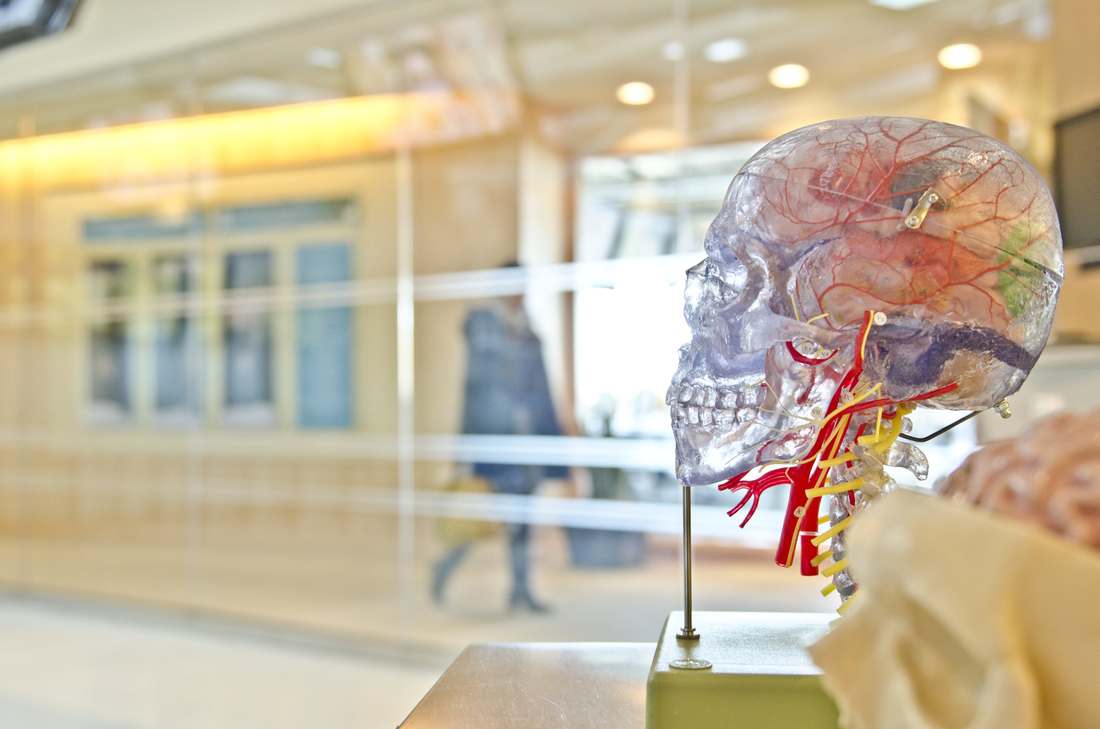
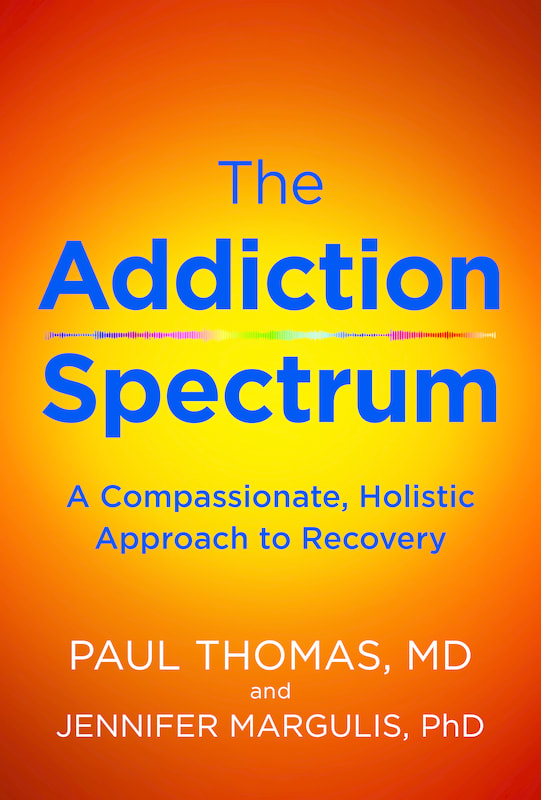
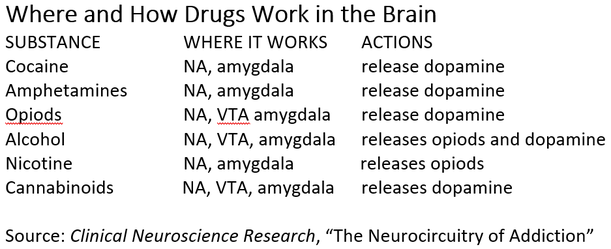
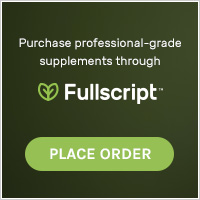
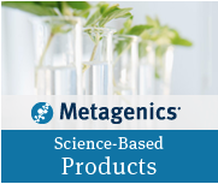

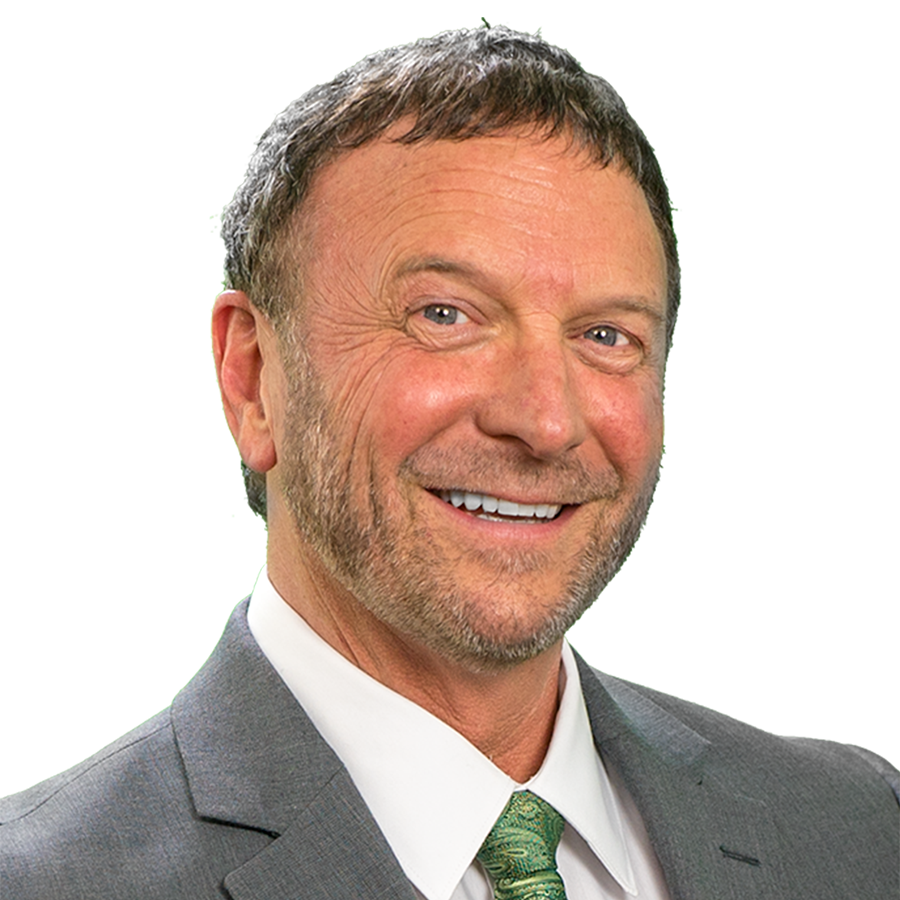
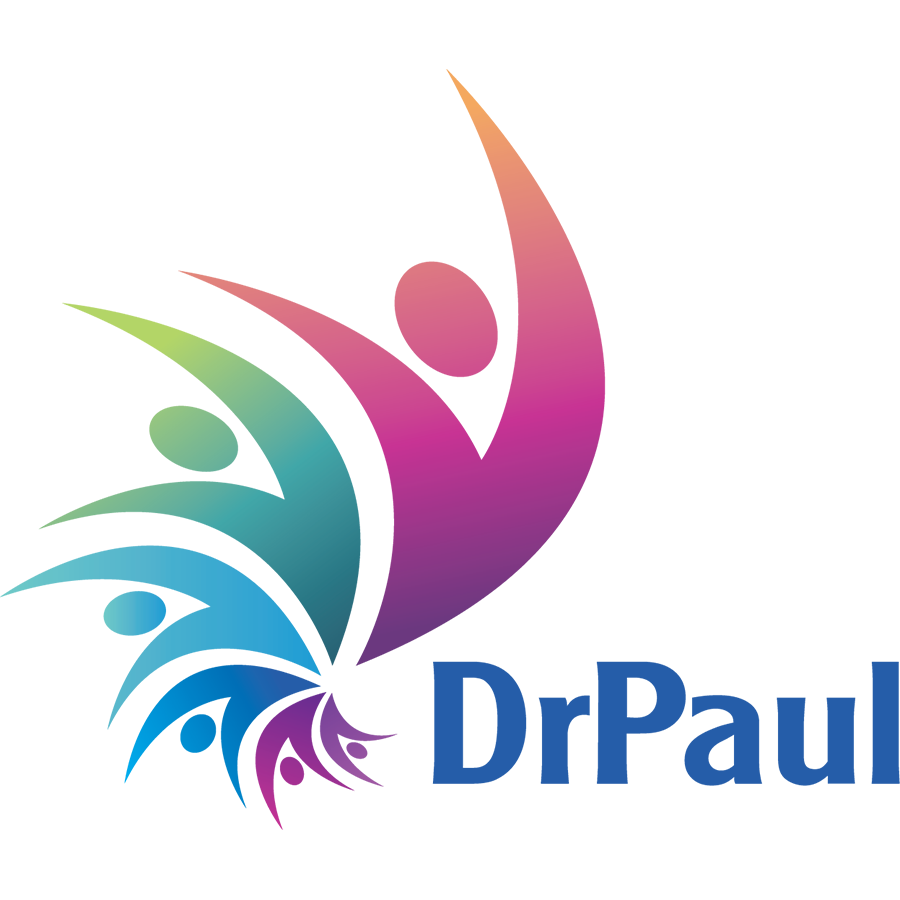
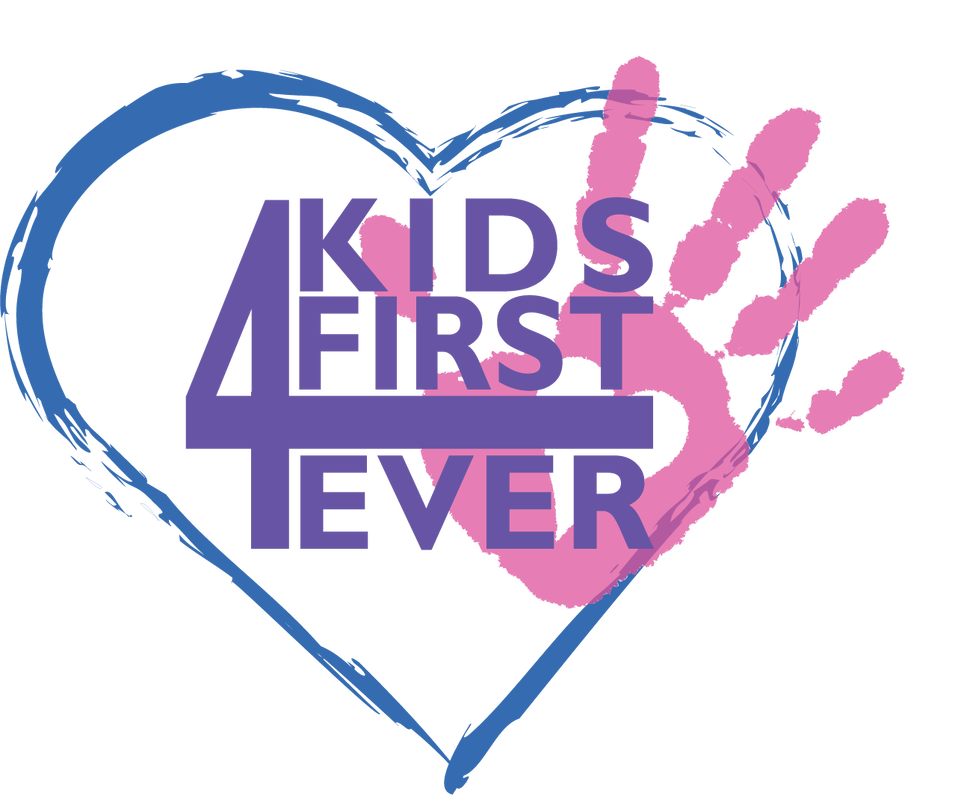




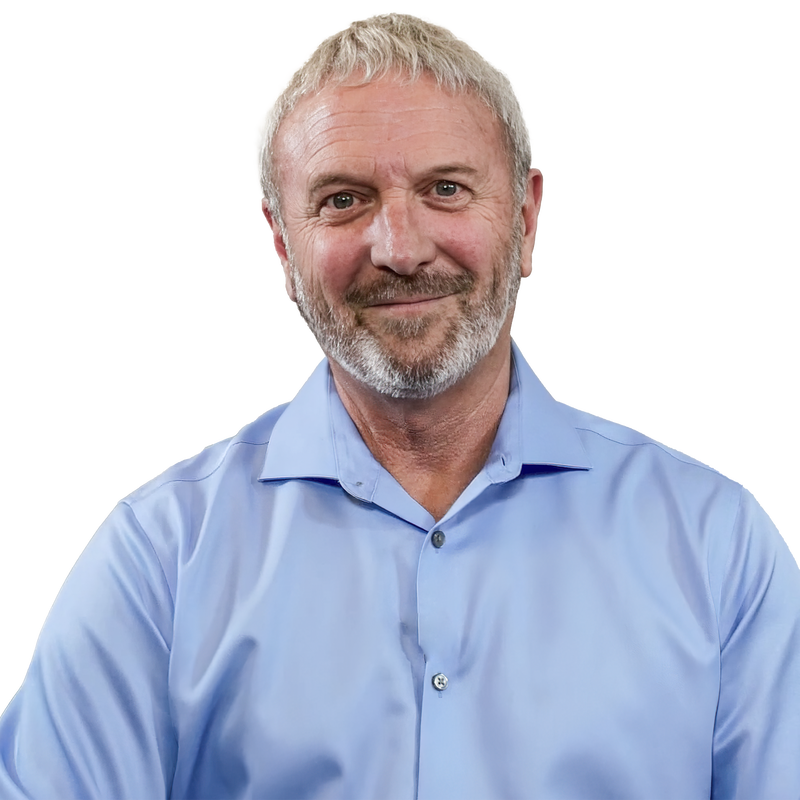
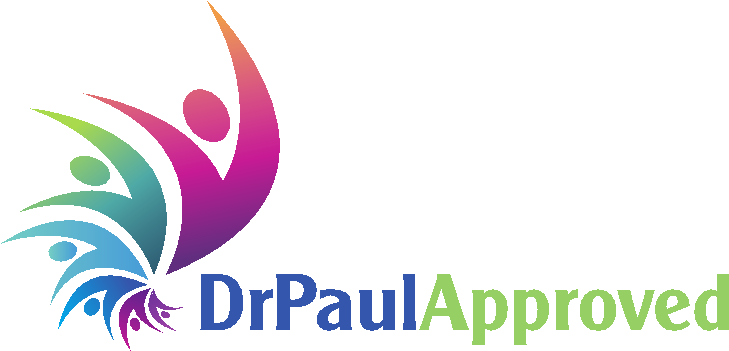
 RSS Feed
RSS Feed

